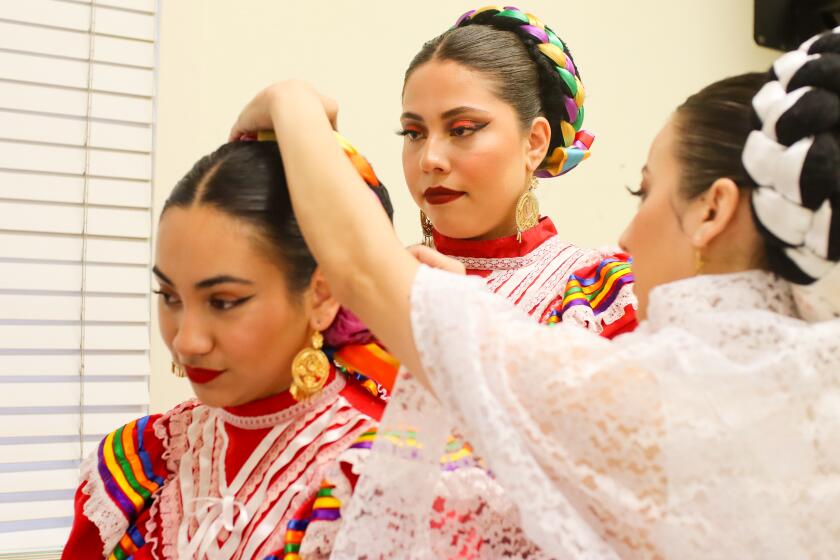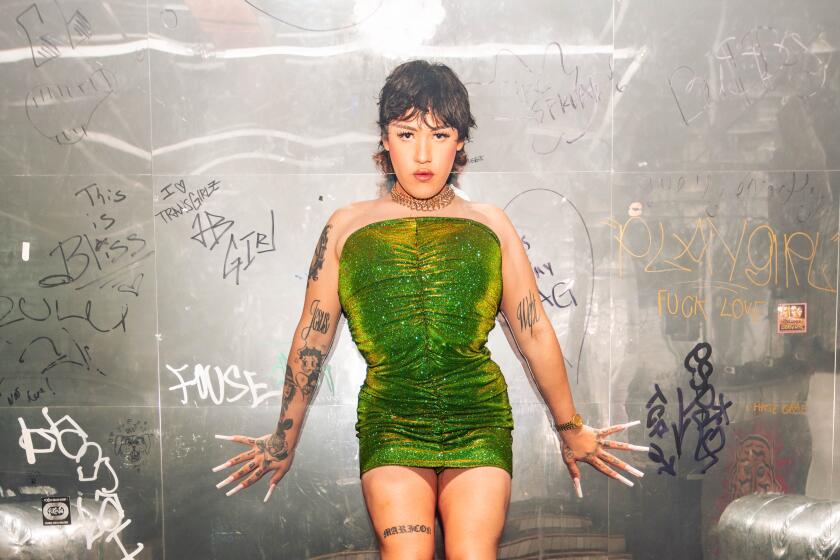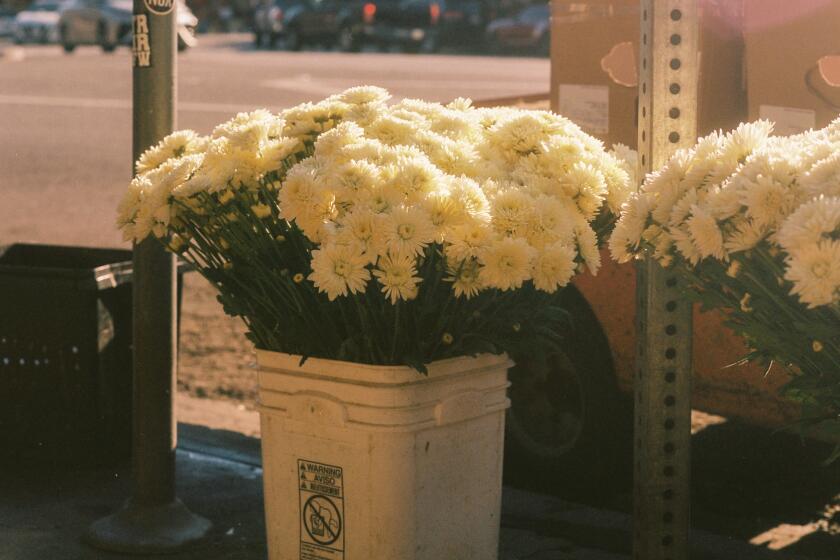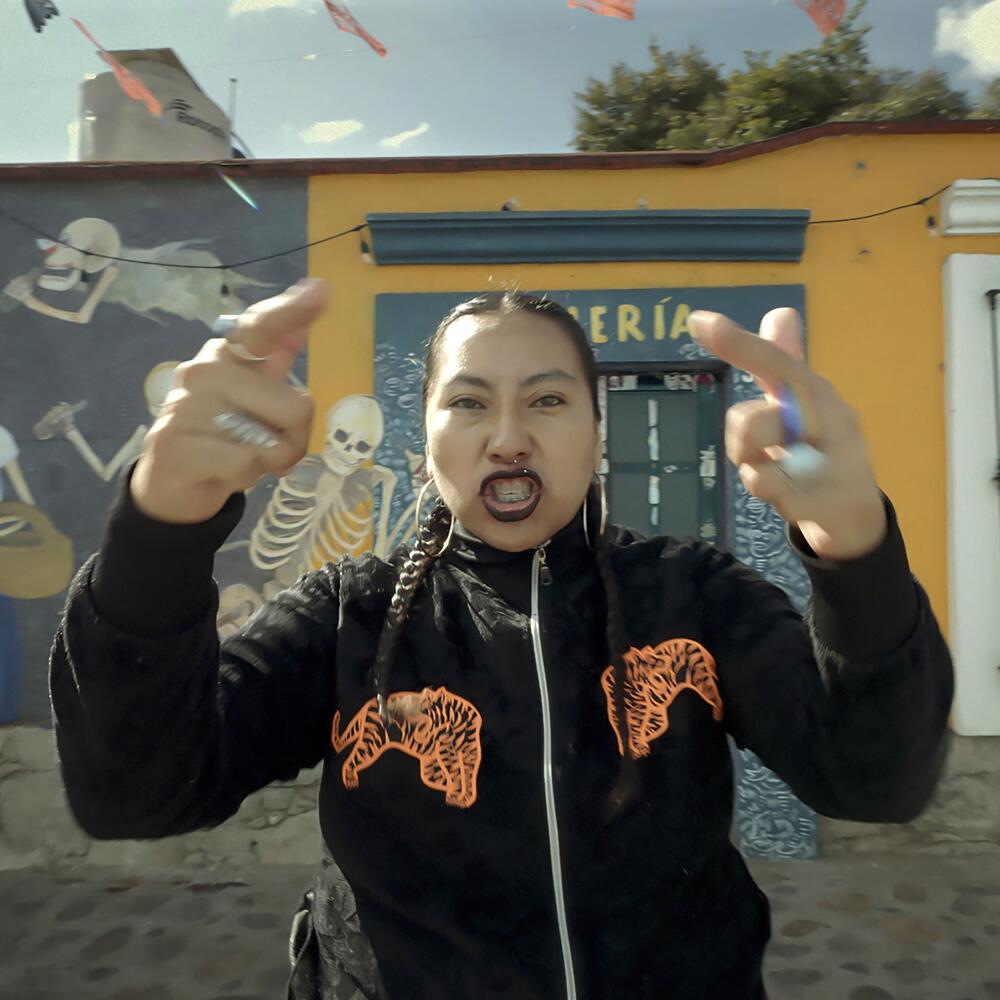
- Share via
“De La Calle,” a new docuseries on Paramount+, explores the depth and evolution of Latin music on a global scale. The series also examines the connection between Latinx people and hip-hop.
Nick Barili, an award-winning Argentinian journalist, is the show’s co-creator, executive producer and host. Barili grew up in the Bay Area being influenced by some of hip-hop’s most influential artists, and saw the connection between the genre and the Latinx community.
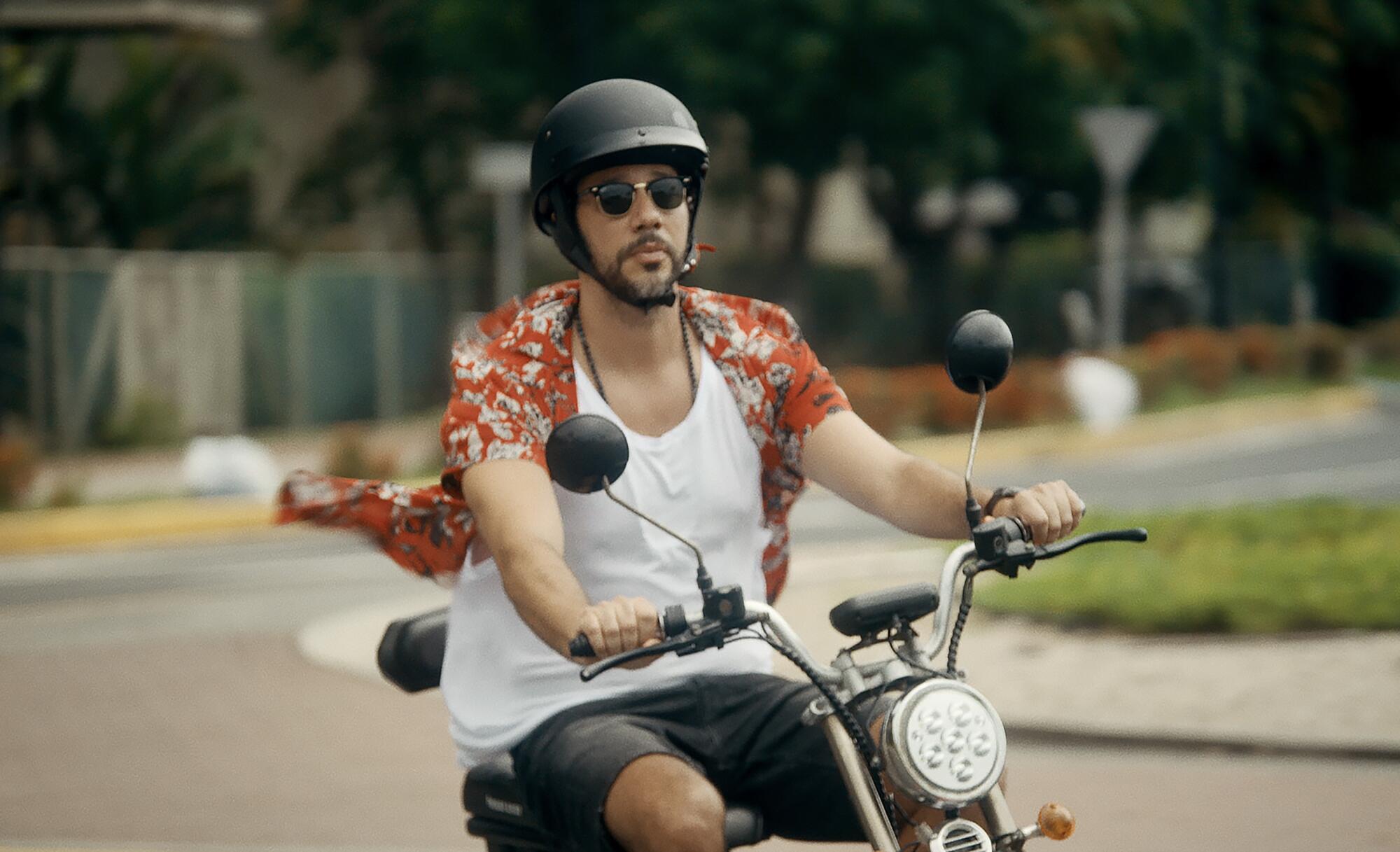
For years, Barili had the idea of working on a documentary that explored the diversity of Latinx music and how it has evolved over the years. One of his goals was to pay homage to pioneers who played integral roles in its growth.
Many first-generation Latinos in the U.S. are searching for ways to connect with their roots. For these students, the answer lies in folklórico.
“I want to tell a broader story of Latinidad and of the Latino diaspora through music,” Barili said. “[I want to] use that as a gateway to have conversations about race and gender and politics and all these different things that influence the music that we’re doing.”
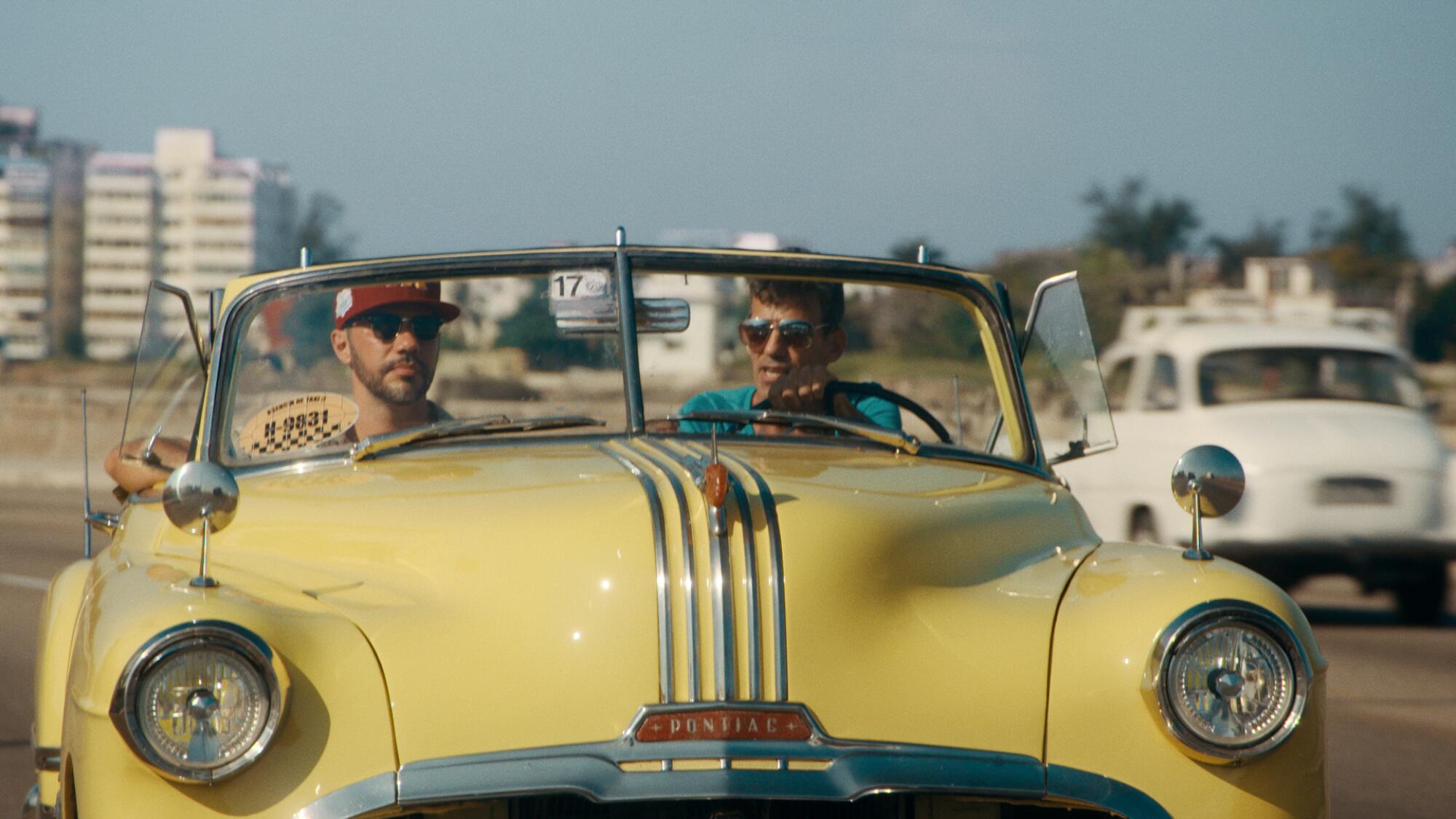
The eight-episode series is filmed in multiple cities across the U.S., Panama, Puerto Rico, Cuba, Mexico, Colombia, Argentina and Spain. Barili sits down with artists in each location and learns about their experiences with Urbano music and how they helped influence it.
Some of the artists interviewed throughout the series include Fat Joe, N.O.R.E., Residente, Mala Rodriguez, Nicky Jam, Nicki Nicole, Villano Antillano, Sech, Goyo, Nathy Peluso, Santa Fe Klan, Jessie Reyes, Feid, Aleman, Gente De Zona, Aczino, Princess Nokia, Kombilesa Mi and Renato.
BabiBoi wants their mixtape not only to showcase their own diverse tastes but also feel representative of the various clubs they’ve established themselves in.
Barili said that through all of his interviews and interactions with people, he learned that there is so much that unites Latinx people. He acknowledges that each culture and country has its own identity but there are many similarities between them.
“One of the beautiful things about the series is you see people who are using art literally as a form of expression, as a way of survival,” Barili said. “It’s so inspirational through this journey to see the power of perseverance, of people who have been counted out, by society, by the government, by all kinds of people.”
José Olivarez curates the De Los Latino poetry series where poets reflect on their relationship with nature.
The name “De La Calle” came from Barili wanting to change the narrative of what it means to be “from the streets.” Barili said that oftentimes things associated with the streets have a negative connotation and can be associated with violence and gangs. He wanted this series to be a form of representation that greatness can blossom from the streets as well.
The first episode of the series takes place in New York. The episode explores the connection that Latinx people have to hip-hop. Barili said that there are many layers to why that relationship is not often brought up.
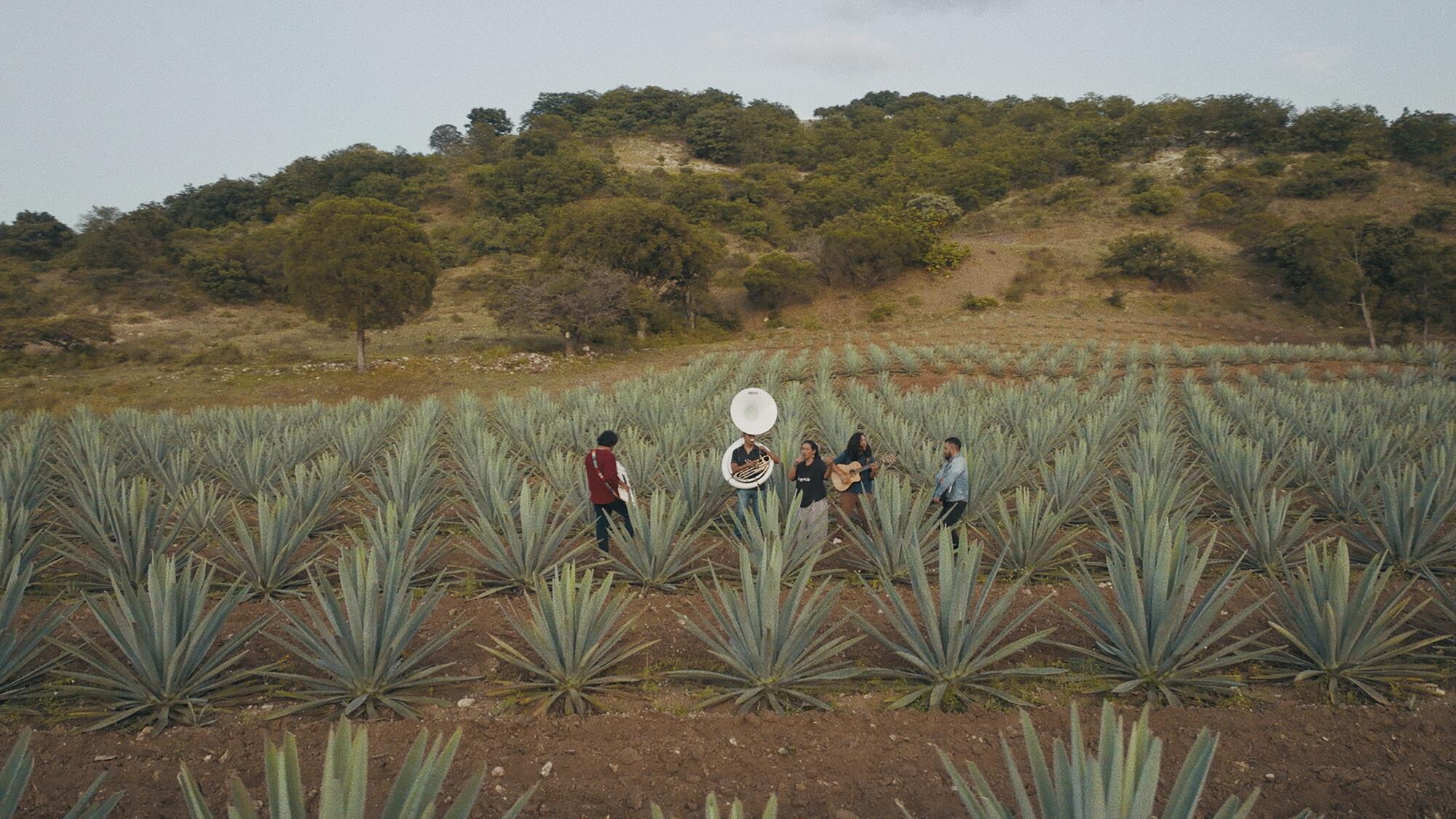
“I think one aspect of why Latinos maybe don’t get as much recognition ... is colorism,” Barili said. “A lot of rappers, Latino or Latina rappers early on were of Afro Latino descent, and I think we’re in a culture that, sometimes, when we see Black, we don’t also see Latino.”
Barili hopes that after watching the series, Latinx viewers have a better appreciation for their culture and take pride.
“I want people to feel connected throughout the Latino diaspora, and for people who don’t have access to our community, or aren’t from our community, I hope they take a deeper understanding of what Latinos are about,” Barili said.
More to Read
The Latinx experience chronicled
Get the Latinx Files newsletter for stories that capture the multitudes within our communities.
You may occasionally receive promotional content from the Los Angeles Times.
